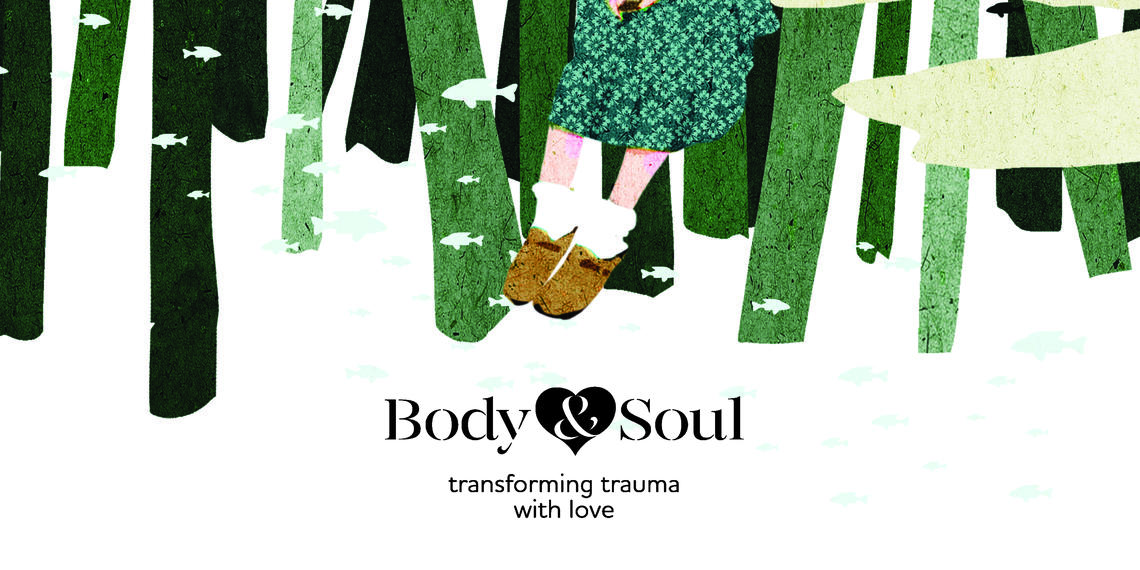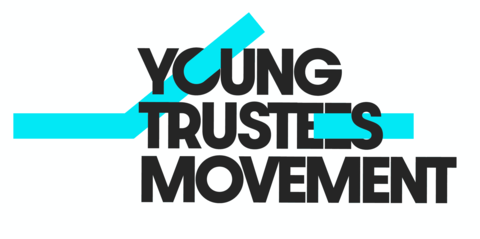As a HIV Telephone Support Volunteer, you will specifically be calling members from the HIV service which supports people living and affected by HIV from ages 12 onwards.
You will be part of an interdisciplinary team that offers ongoing support groups, casework support and therapy to support members who are living or affected by HIV. Some members have described this service as a "life-line" that makes them feel less alone.
You will be assigned a caseload of members that you will call once a week for 12 weeks. In these 20 min calls where you will support members to think about, set, and work towards improving their wellbeing (emotional, physical, and psychological).
You will build a build a trusting connection, reconnect them to their strengths and help them work towards a life worth living.
Volunteers build empathetic and trusting relationships that combat isolation, give space for members to feel seen and heard and maintain essential connection to the Body & Soul community and all it has to offer.
Before you start in this role you will have a thorough induction into telephone skills as well as ongoing group reflective practice and other learning opportunities.
Commitment –
- We ask volunteers to commit to a minimum of 4 hours per week.
- To keep continuity for our members we would like volunteers to make a minimum commitment of 6 months.
Essential skills –
- Warmth, friendliness, and excellent communication skills.
- Proactive, confident, and personable approach.
- Good listening skills and ability to provide one to one emotional support.
- Ability to form strong relationships and discussions with a diverse community.
- Non-judgemental, adaptable, and open-minded.
Desirable skills –
- Experience in coaching, befriending, or supporting others emotionally.
- Experience supporting people with mental health difficulties, emotional dysregulation, and suicidality.
- Interest in a holistic approach to health and wellbeing.
Similar Opportunities

The aim of this communication support role is to have better conversations, and to support people with a communication disability, aphasia, to live life well. Aphasia is secondary to a stroke or brain injury or illness.

Work alongside us to bring in funds for Aphasia Re-Connect. Work with our advisory group to contribute your ideas and support. Be prepared to roll up your sleeves and join us for events and initiatives. Be happy to take and share photos.

Visit a person at home and befriend them, offering communication support, and a fresh perspective from their daily routine. The person you visit will have aphasia, a communication disability, often stuck at home without support.


